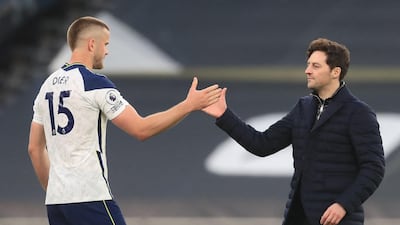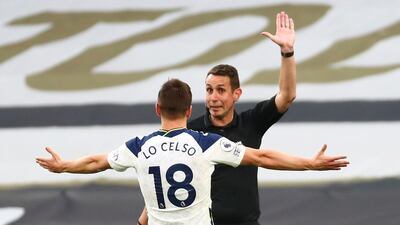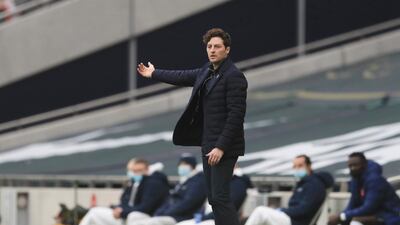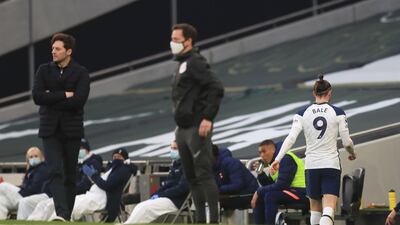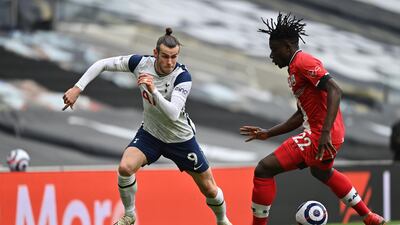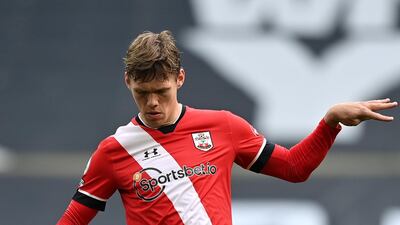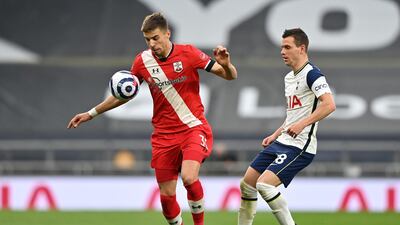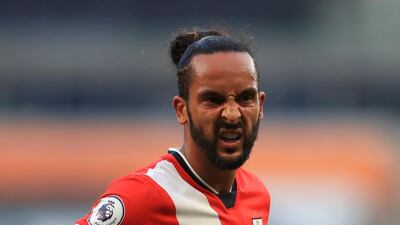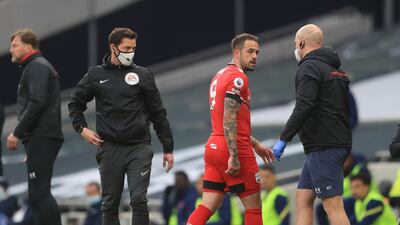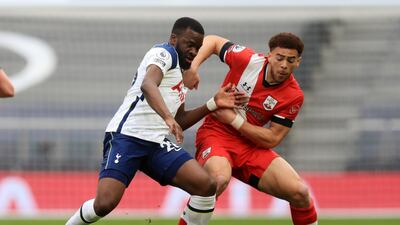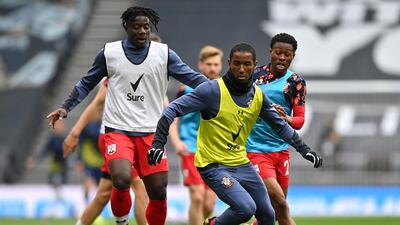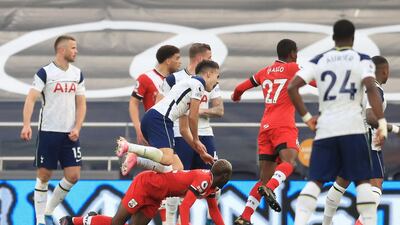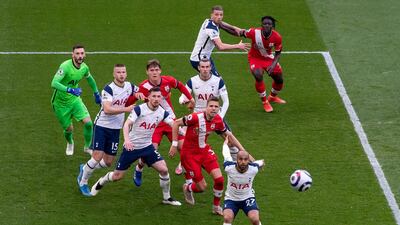"Same coach, different players". This was the killer phrase, uttered after the draw with Newcastle, that in my opinion finished Jose Mourinho as Tottenham manager.
It was a clear refusal to accept any blame for the dropped points, instead heaping guilt on the players.
The dressing-room does not forgive. Whether Mourinho, or anyone else, the players know what to do it in these cases.
It was obvious the connection between the Portuguese manager and the club's chairman, Daniel Levy, was gradually breaking apart but the bad relationship and skepticism within the squad was the main reason for the dismissal.
I am told from London that in the final few days, only Harry Kane and Pierre-Emile Hojbjerg defended him among their teammates.
Criticism from players is nothing new for Mourinho. Paul Pogba, managed by Mourinho at Manchester United, just recently attacked his man-management style, accusing him of "going against players" and making them feel like "they don't exist any more".
Mourinho's response to Pogba was one of extreme arrogance, when he commented: “I would like to say that I couldn’t care less with what he says. I am not interested at all.”
Tottenham became the most conservative, least imaginative, most backward and unconvincing version of Mourinho's managerial projects.
Hired in November 2019 to replace Mauricio Pochettino, he was given the task of taking Tottenham forward, winning silverware. He did not succeed.
Seventeen months on, his record was weak: sixth place in 2019-20, seventh place when he left, eliminated in the Europa League last-16. His biggest achievement, getting to the League Cup final, will now take place without him on Sunday.
All of this added to the rejection of the fans.
Mourinho, 58, leaves only one legacy at Tottenham: the documentary All or Nothing, produced by Amazon.
As a manager, his loss of prestige is a recurring topic of conversation among sports directors.
Mourinho insisted from the beginning it would be his way of managing players (see the case of Gareth Bale) and on his preferred approach of reinforced defence and counter attack.
It was difficult to understand why he did not mould his tactics to the strengths of players such as Kane, Giovani Lo Celso, Dele Alli, Sergio Reguilon or Tanguy Ndombele. However, he did nothing to adapt.
Tottenham players, advised by their friends from Manchester United and Chelsea, regarded the manager with suspicion. The first few months were peaceful. But before the pandemic, the first gaps were already appearing.
Spurs beat Southampton after Jose's departure
"Same coach, different players," was the last straw, confirmation that Mourinho had returned to his old ways. It's never his fault.
Levy is another loser in this case, thwarted in his plan to get Tottenham into the Champions League barring an incredible finish. They even trail West Ham in the Premier League.
They won just one of Mourinho's last five Premier League games in charge and were humiliated 3-0 by Dinamo Zagreb in the Europa League.
That night, Mourinho went to the opposing dressing-room at Maksimir Stadium to congratulate his rivals and started an open campaign against his own players.
What did he expect after that?
With this dismissal, Mourinho must be furious. He signed a 43-month contract with Tottenham, and was fired after 17, not impressive for a manager of his calibre.
And being fired six days before the League Cup, the only opportunity for Spurs to lift their first trophy since 2008.
Another vast sum in compensation, but an equally big blow to the ego.




















